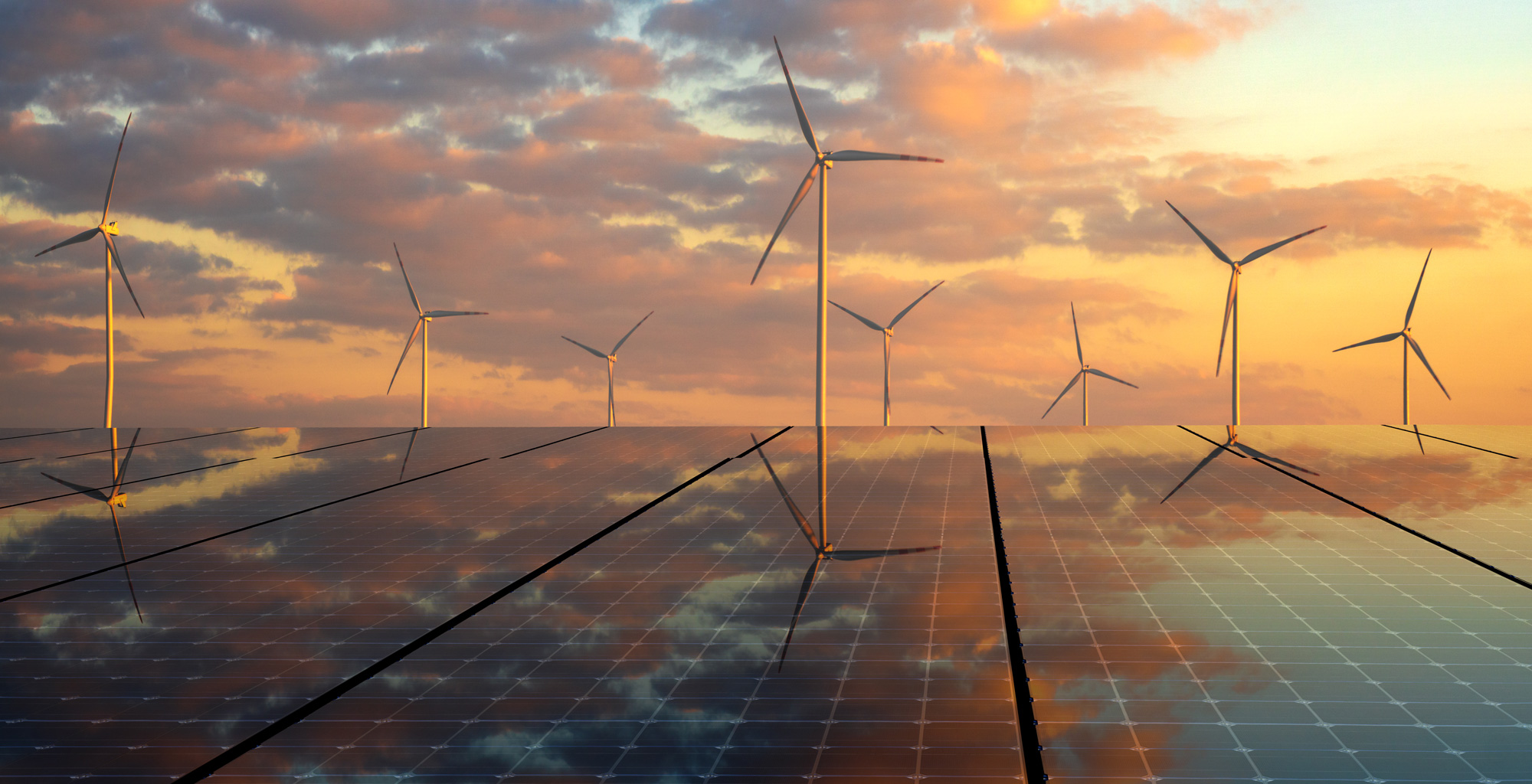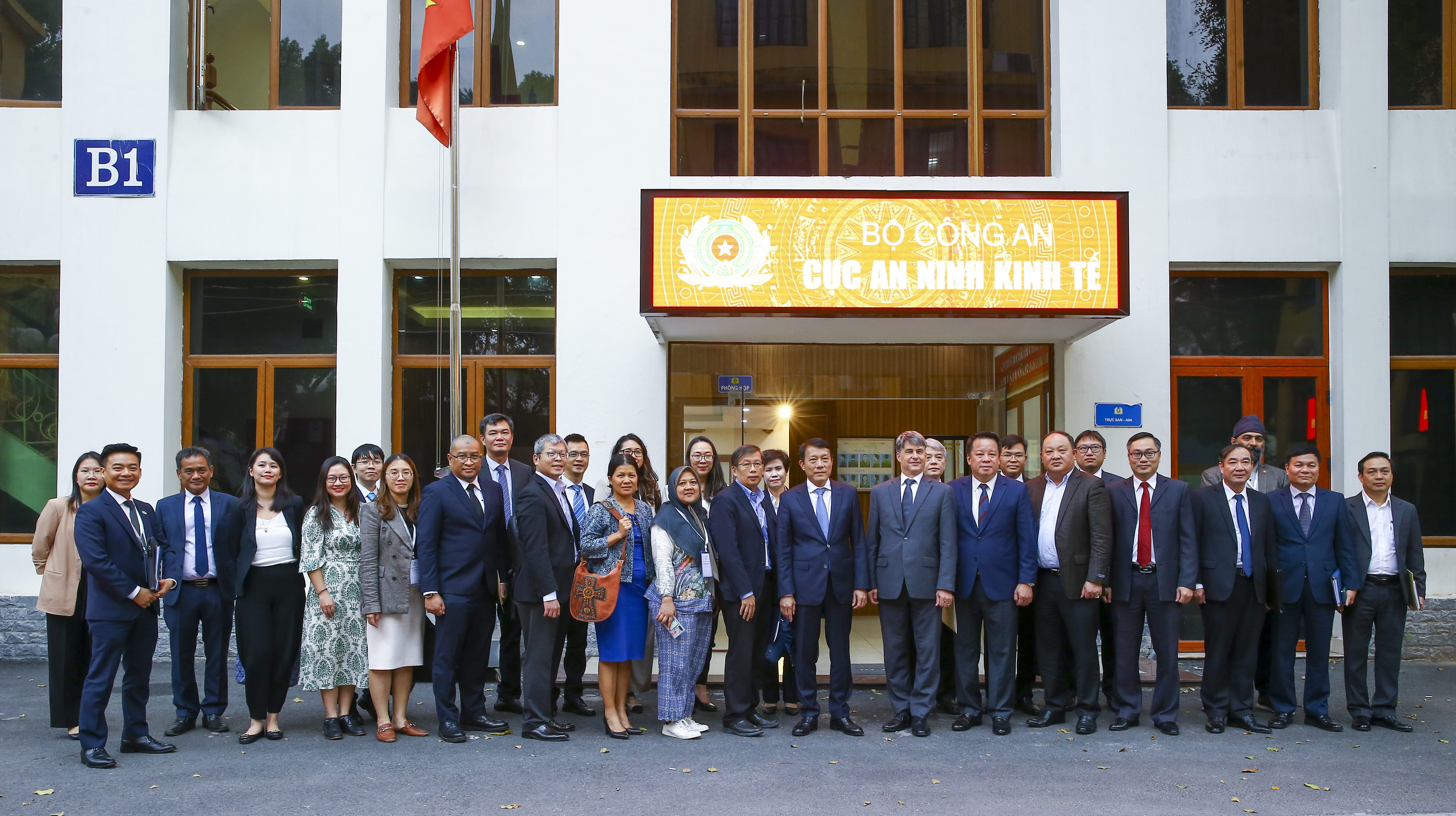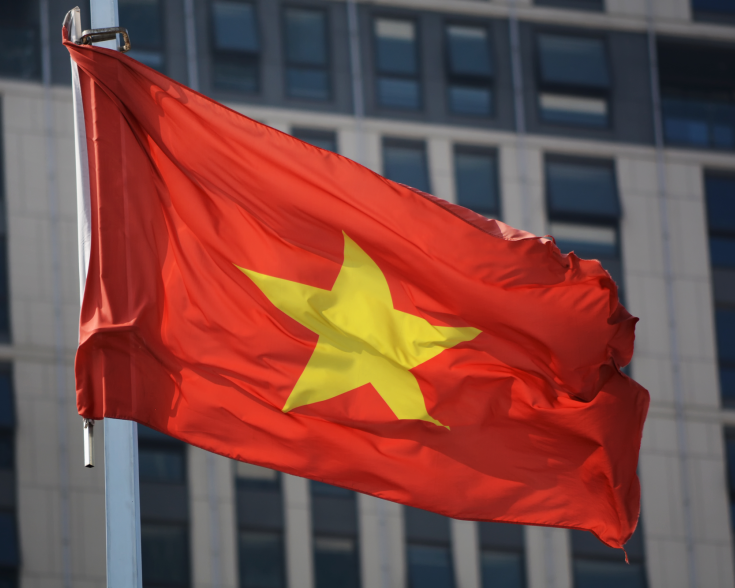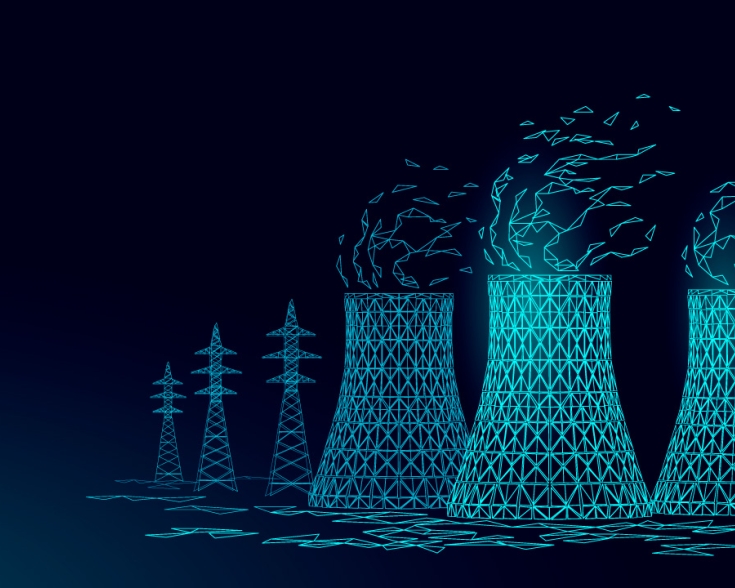New Milestones in Vietnam’s Renewable Energy Regulatory Framework

Vietnam has recently achieved significant milestones in regulatory advancements and strategic direction in its renewable energy sector which will also enhance Vietnam’s global competitiveness in attracting foreign direct investment.
The Government of Vietnam has made a groundbreaking move by approving the long-awaited Decree on the Direct Power Purchase Agreement (DPPA) mechanism for renewable energy. Decree 80/2024/ND-CP on the “Mechanism for Direct Power Purchase and Sale between Renewable Energy Generators and Large Electricity Consumers” (Decree 80) was signed by Deputy Prime Minister Tran Hong Ha and took effect immediately on July 3, 2024.
This milestone is the result of relentless advocacy by the international business community, including the US-ASEAN Business Council. This new policy allows businesses in Vietnam to purchase electricity directly from renewable energy producers, enabling them to power their operations with 100% renewable energy. The new decree opens the door to significant opportunities for industries and businesses to leverage Vietnam’s evolving energy landscape and is seen as a critical step for Vietnam to achieve its net-zero emissions goals.
Under Decree 80, large electricity consumers—organizations or individuals that purchase electricity for their use and have an average monthly consumption of 200,000 kWh or higher—can choose between two DPPA models: purchasing directly from renewable energy generators via private connection lines, with no restrictions on electricity price, or through the existing national power grid via forward contracts with spot market prices. Renewable energy producers covered by this mechanism include licensed solar, wind, small hydropower, biomass, geothermal, ocean wave, tide, ocean current, and rooftop solar power plants. Prior to Decree 80, EVN was Vietnam's sole electricity supplier, and companies were not allowed to buy renewable energy directly from other generators.
U.S. Ambassador to Vietnam Marc Knapper highlighted the importance of this development at the DPPA launch event on July 5, calling it “a testament to our deepening ties and shared commitment to sustainable development”, which is one of the key objectives in the new US-Vietnam Comprehensive Strategic Partnership.
Another breakthrough is the adoption of the Resolution on National Maritime Spatial Plan (NMSP) for 2021-2030 with a vision to 2050 by the 15th National Assembly of Vietnam during its 7th session on June 28. The NMSP outlines key priorities for Vietnam's maritime sector, including infrastructure enhancement for shipbuilding and maritime transport, sustainable coastal and island tourism, a resilient seafood economy, and clean energy development.
Notably, this strategic document provides guidance on how the Government of Vietnam will develop the regulatory framework to support the development of the offshore renewable energy industry, including wind and solar. The NMSP outlines a coherent roadmap for diversified energy development, promoting investments in offshore wind, hydrogen, solar, and other renewable energies across potential maritime zones in Northern, Central, and Southern Vietnam. It identifies potential wind zones based on existing data, initiating investigations and surveys to pinpoint priority areas for offshore wind development, detailed in the upcoming Implementation Plan.
Amidst significant leadership changes, Vietnam's government and National Assembly are sending strong signals that the country’s top leadership is determined to push forward major policy initiatives aimed at fostering sustainable economic development.
To provide updates on these significant developments, the Council will host a virtual briefing on Vietnam’s Energy Landscape at 8:00 am on July 12th, Hanoi time (9:00 PM July 11th, ET). Please click here to register for the event.







